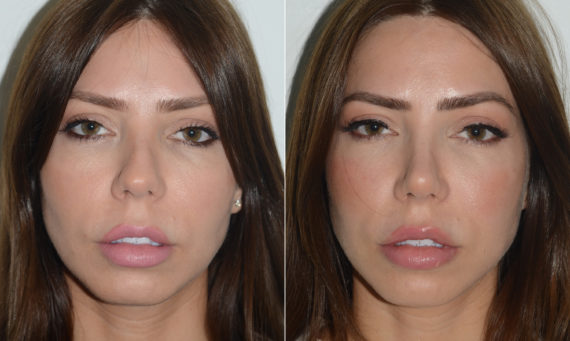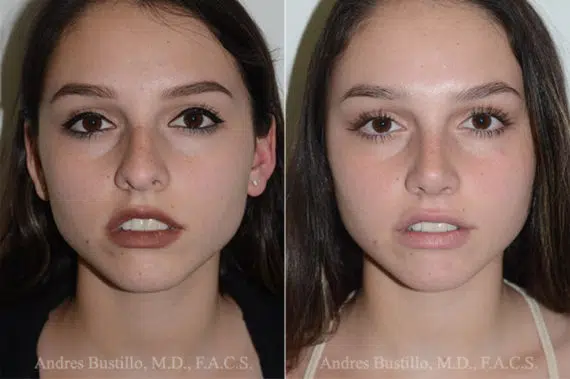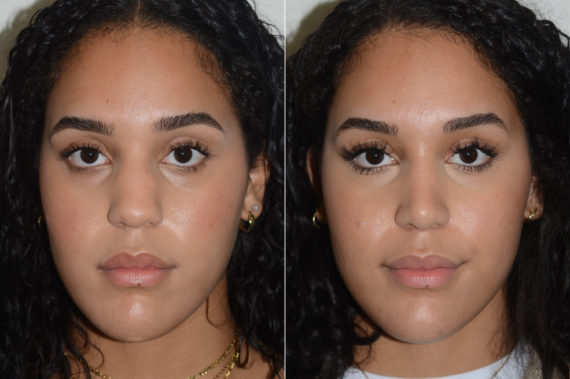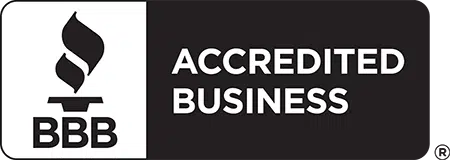Are you considering a rhinoplasty procedure? If so, it is important to understand the importance of rest and recuperation after your nose surgery. Rhinoplasty is an invasive procedure that requires time for healing and recovery. Taking the necessary steps to ensure proper rest and recuperation can help you achieve optimal results from your rhinoplasty.
The recovery process following rhinoplasty can be uncomfortable and may take several weeks or even months before you are able to return to your normal activities. During this time, it is important to follow your doctor’s instructions for rest and recuperation in order to ensure that your body has enough time to heal properly. This article will provide information on what you should expect during the recovery period as well as tips on how to maximize your rest and recuperation after your rhinoplasty procedure.
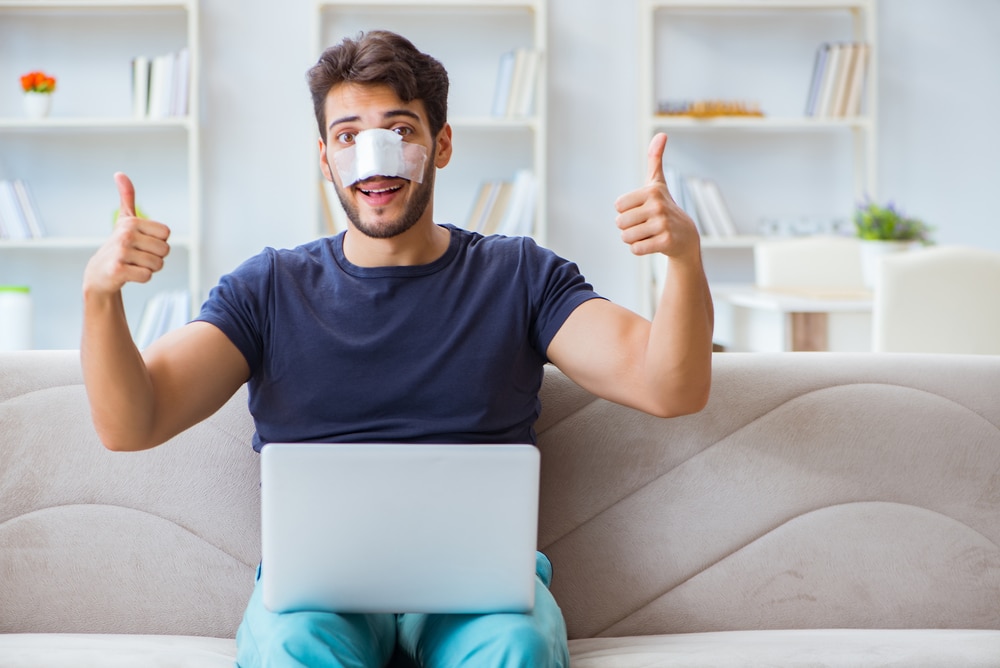
Benefits of Taking Time Off to Recover from Rhinoplasty
Prioritizing adequate time off to recover following a Rhinoplasty Miami procedure is crucial for optimal outcomes. By allowing your body the necessary rest and recovery period, you minimize the risk of complications and promote a smoother healing process. Taking time off facilitates several benefits:
- Minimized Risk: By giving your body ample time to rest, you reduce the risk of infection or complications associated with post-operative activities.
- Enhanced Healing: Resting allows your body to focus its energy on the healing process, promoting faster and more efficient tissue repair.
- Reduced Swelling: Taking time off enables your body to naturally reduce swelling and bruising, leading to a more aesthetically pleasing outcome.
- Improved Comfort: Resting provides relief from discomfort and pain, enhancing overall comfort during the recovery phase.
- Stress Reduction: Allowing yourself dedicated recovery time reduces stress on the body, supports a smoother recuperation process, and optimizes your results.
By recognizing the importance of taking time off for recovery, you prioritize your well-being and set the stage for a successful and satisfying outcome from your rhinoplasty procedure.
Enhancing Your Recovery with Expertise
Dr. Andres Bustillo, a board-certified facial plastic surgeon with extensive experience in rhinoplasty, emphasizes the importance of adhering to medical advice for optimal recovery. His expertise and commitment to patient care ensure personalized guidance throughout the healing process. Following Dr. Bustillo’s instructions diligently can significantly enhance your recovery and results.
The Healing Process Begins on the Day of the Rhinoplasty Surgery
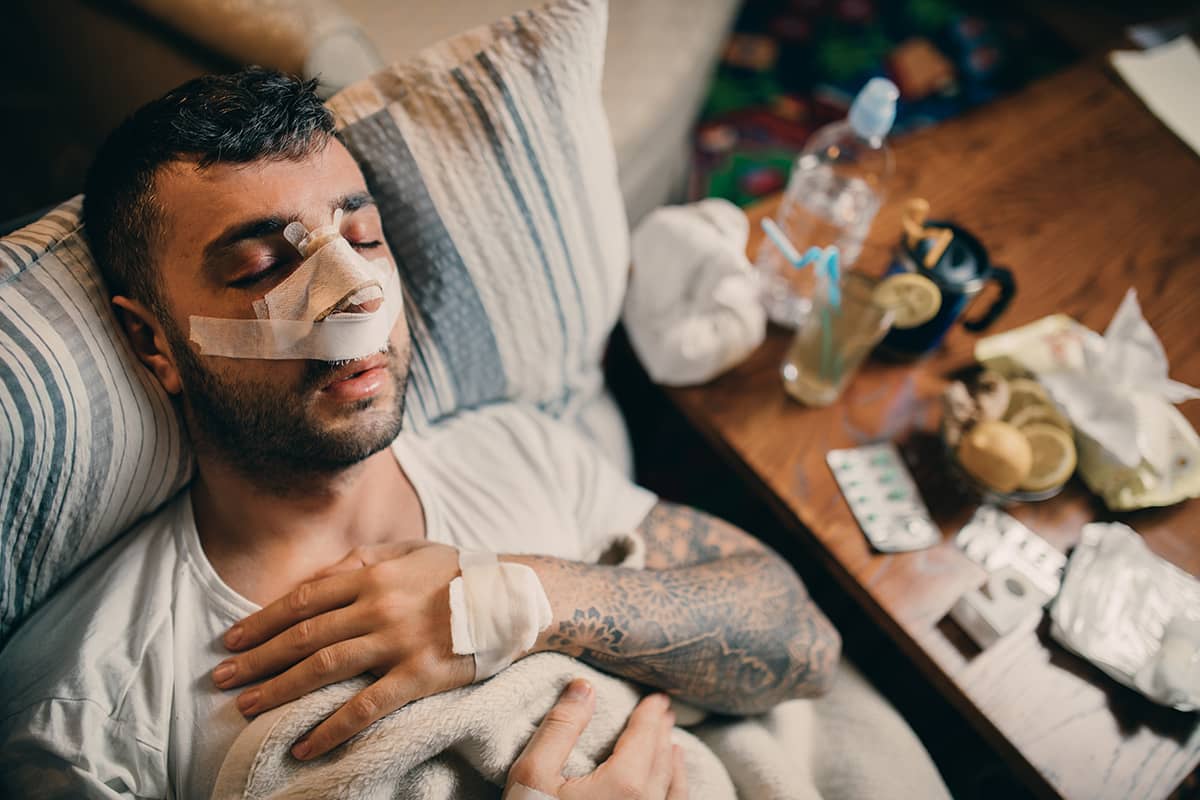
The road to recovery from rhinoplasty commences immediately post-surgery. This pivotal period sets the tone for optimal healing and outcome. Ensuring proper rest and care is paramount to mitigate potential risks and enhance the desired results of the procedure.
Tips:
- Maintaining proper posture prevents complications such as “tech neck.”
- Limit screen time and keep devices at eye level.
- Take frequent breaks to stretch and realign your upper spine.
- Use supportive aids like heating pads to relieve neck strain.
Treating Bruising and Swelling After Your Rhinoplasty Procedure
Managing swelling and bruising is crucial for a smooth recovery. Employ effective strategies to reduce discomfort and facilitate healing.
Tips:
- Apply cold compresses briefly throughout the day.
- Use over-the-counter anti-inflammatory medications like ibuprofen.
- Avoid vigorous exercise and contact sports during initial healing.
Nose Job Recovery: Managing Sleeping Positions for Best Results
Managing sleeping positions is key to a successful recovery from rhinoplasty.
Tips:
- Avoid sleeping on your stomach for the first couple of days after your nose job surgical procedure.
- Sleep with an elevated head position on two pillows for the first few weeks after surgery to reduce swelling.
- Try to sleep on your back as much as possible in order to keep pressure off of your nose and face.
- Use extra pillows or a body pillow to help you stay in a comfortable position while sleeping.
- Avoid sleeping on one side for extended periods of time, as this can cause uneven healing and swelling.
Moisturize Nasal Passages
Keeping nasal passages moist reduces inflammation.
Tips:
- Use saline nasal spray to maintain moisture.
- Wear loose-fitting attire to avoid friction with the surgical site.
- Avoid blowing your nose for at least a couple of weeks post-surgery.
Nutrition for Optimal Rhinoplasty Post-Surgical Recovery
Proper nutrition plays a crucial role in optimizing post-surgical recovery following rhinoplasty, aiding in tissue repair and minimizing swelling.
Balanced Diet:
Eating fruits, vegetables, and lean proteins supports healing.
Tips:
- Maintain a balanced diet rich in essential nutrients.
- Drink plenty of water to stay hydrated.
Avoid Certain Foods:
Certain foods can hinder the healing process.
Tips:
- Avoid salty and spicy foods as they can exacerbate swelling.
- Limit caffeine intake to one cup of coffee per day.
Supplementation:
Multivitamins ensure you receive essential nutrients.
Tips:
- Consider taking a multivitamin to support healing.
Questions about your procedure?
Schedule a consultation with Dr. Andres Bustillo.
Avoiding Sun Exposure During Rhinoplasty Recovery Period
Protecting your skin from sun exposure is crucial for a smooth rhinoplasty recovery. As one of the most popular plastic surgery procedures, rhinoplasty requires careful attention to post-surgery care, including sun protection to optimize healing and reduce the risk of adverse reactions.
Tips:
- Avoid direct sunlight and wear protective clothing like a wide-brimmed hat and sunglasses.
- Apply a broad-spectrum sunscreen with SPF 30 or higher.
Incorporating Medication as Directed by a Medical Professional
Adhering to prescribed medication following rhinoplasty is crucial for optimal healing and minimizing discomfort. As a popular plastic surgery procedure, rhinoplasty recovery requires careful attention to medication usage to ensure proper healing and mitigate potential complications.
Tips:
- Follow the prescribed regimen diligently.
- Attend follow-up consultations within days to assess healing progress and get tailored medication instructions.
- Monitor vital signs such as blood flow to detect any adverse reactions promptly.
- Keep a log of medication intake and any side effects experienced.
- Communicate with your surgeon about any concerns or unusual symptoms.
- Do not skip doses, and complete the full course of antibiotics even if you feel better.
Physical Activity Restricted During Rhinoplasty Recovery Time
Getting rhinoplasty surgery can be life-changing, but it is important to rest and recover correctly after the surgery. During the recovery time, your physical activity is restricted to help your body heal and reduce swelling.
Tips:
- Avoid strenuous physical activity for at least two weeks after your rhinoplasty surgery to allow time for the nasal tissues to heal.
- Refrain from any type of strenuous exercise that could cause strain on the nose, such as running or lifting weights.
- To ensure a speedy recovery, schedule a follow-up physical exam with your plastic surgeon within one week of your cosmetic surgery.
- Wear a protective splint over your nose while engaging in light activities such as walking or stretching.
Don’t Wear Glasses During Rhinoplasty Recovery
Wearing glasses can put pressure on the nasal bridge and potentially disrupt the healing process after rhinoplasty. It is important to avoid wearing glasses until your surgeon gives you the green light.
Tips:
- Use Contact Lenses: If you wear glasses, switch to contact lenses during your recovery period.
- Supportive Alternatives: If contact lenses are not an option, use alternatives such as a forehead support device to keep glasses off the nose.
- Follow Your Surgeon’s Advice: Adhere to your surgeon’s instructions regarding when it is safe to resume wearing glasses.
- Gentle Frames: Once you are approved to wear glasses, choose frames that are lightweight and do not exert pressure on your nose.
- Regular Check-Ups: Attend all follow-up appointments to ensure your nose is healing correctly before resuming the use of glasses.
Mental Health and Stress Management
Mental well-being is crucial during the recovery process. Stress can negatively impact healing, so managing it effectively is essential.
Tips:
- Practice Relaxation Techniques: Engage in stress-relief activities such as deep breathing, meditation, or light yoga to maintain a calm mind.
- Support System: Lean on family and friends for emotional support. Sharing your recovery journey with loved ones can help alleviate anxiety.
- Stay Positive: Focus on the positive aspects of your recovery and celebrate small milestones to keep your spirits high.
- Professional Support: Consider seeking help from a mental health professional if you experience significant anxiety or depression during your recovery.
- Rest Well: Ensure you get plenty of sleep, as it is vital for both physical and mental recovery.
Follow-Up Care
Proper follow-up care after rhinoplasty is essential for monitoring progress and ensuring a smooth recovery. Regular check-ins with your surgeon allow for early detection and management of potential complications.
Tips:
- Schedule Regular Appointments: Attend all scheduled follow-up consultations to monitor healing progress and address any concerns.
- Photo Documentation: Take photos to track your recovery and share them with your surgeon for better guidance.
- Monitor for Complications: Be vigilant about signs of infection or other issues and report them to your surgeon immediately.
- Communication: Maintain open communication with your healthcare provider to discuss any unusual symptoms or concerns.
- Adhere to Recommendations: Follow your surgeon’s post-operative care instructions meticulously.
Contact us!
In conclusion, it is important to take the necessary precautions during your rhinoplasty recovery period in order to ensure a successful outcome. Avoiding sun exposure, incorporating medication as directed by a medical professional, and restricting physical activity are all key components of a successful recovery. If you require additional information regarding your rhinoplasty recovery process, please contact us.
